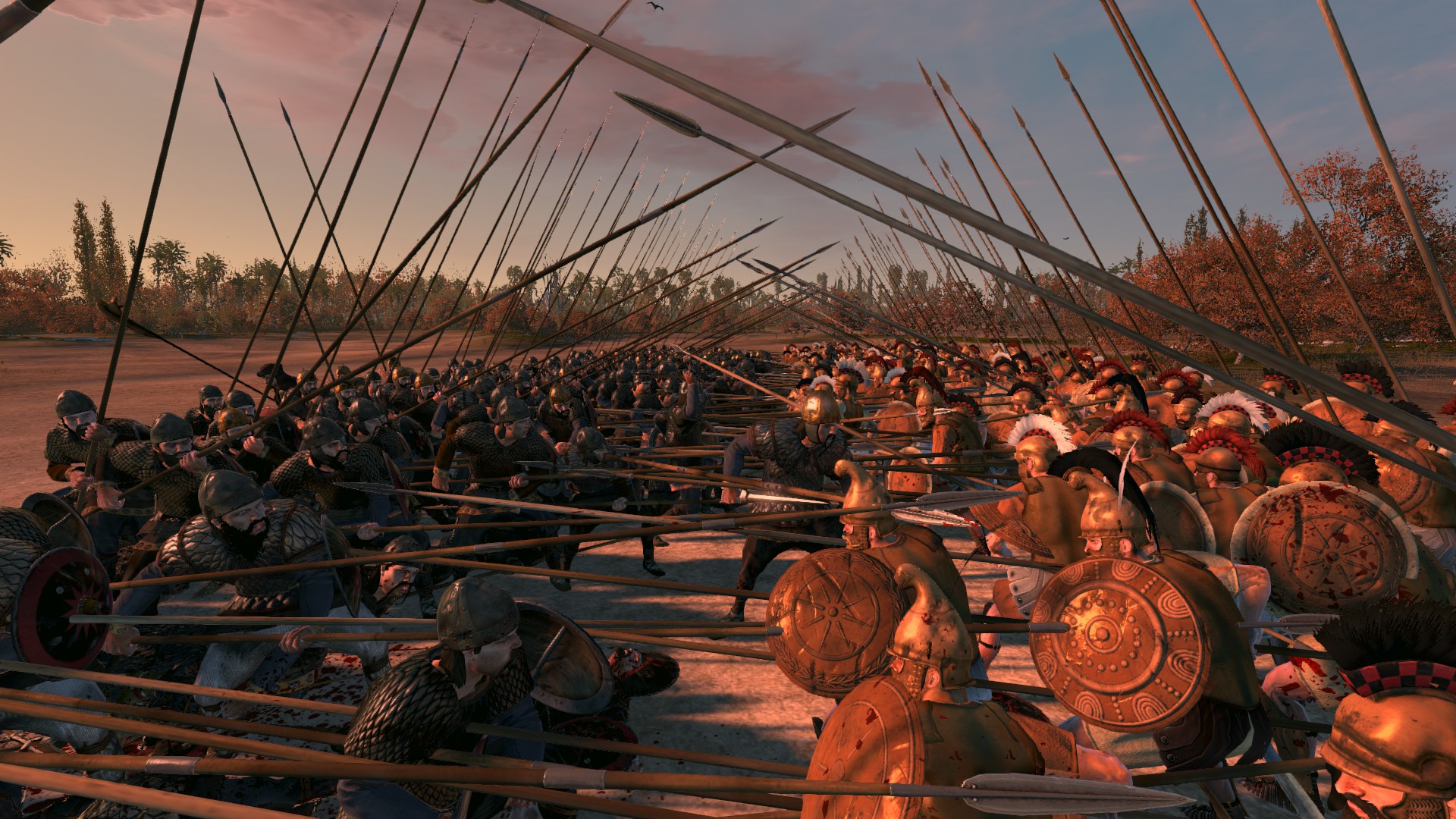The Ancient Greeks, and the Romans
The culture of Ancient Rome (III century BC – V century AD) was largely based on the Greek. Both cultures were formed on the basis of the ancient civil society and its basic values. Service to the community was a duty and a blessing both of the Hellenes and of the Romans. Both the Greeks and the Romans, being free, opposed freedom to slavery. Both of them did not think themselves outside the closest connection of the civil community with the gods and demigods who patronize it.
At the same time, there were serious differences between the Greeks and the Romans. The most striking feature of the ancient Roman culture was the high degree of difference in practical activity: military science, law, historical science, rhetoric, satire, and spectacle.

So, the Greeks had a glorious past (Trojan War), the Romans had to constantly assert themselves in the present. Wars largely determined the organization, the order of life and the whole history of Rome. The mythology of Ancient Greece and Ancient Rome is also different. Greek myths – about gods and heroes, Roman – about Rome itself, its victories and glory. The main Roman myth about the founders of the city of Romulus and Remus. Myths explained the present and gave guidance in future matters. The whole Roman reality with constant wars made such qualities as courage, loyalty, steadfastness, proud dignity, severe restraint in society. A special role in Roman society belonged to the law.
Roman culture was characterized by openness, the ability to absorb the cultural values of other peoples. However, cultural synthesis would be impossible without the presence of points of contact of different cultures. This provided the Roman culture with its amazing vitality. Roman culture was originally formed as a synthetic culture. All scientific and philosophical ideas, mythology and art were reinterpreted from the positions of the dominant of the Roman consciousness: “Rome is the center of the world.” Even before the II century. BC. E. Roman culture becomes bilingual. The Greek language became common in high society, it was considered a sign of education and a good tone; At the same time the Latin language conveys all the subtleties of the complexity of the Hellenistic cultural and scientific tradition.
Utilitarianism appeared in various spheres of creative activity. Rome was famous for its art of speech and oratory. Mark Tullius Cicero popularized among the Romans the achievements of Greek philosophy. Studying with the Greeks, he at the same time reproached them for their infatuation with speculative sciences, in particular mathematics, and considered it proper to limit its development to “the needs of monetary calculations and land surveying.”
Roman culture is not peculiar to the cosmism of Greek culture. Man in Roman culture is, first of all, a citizen of Rome, the Roman Empire. Man as a part of the society, society does not find itself as an inseparable part of nature, but as an inseparable part of the established political system. It is aimed at a career, government activity, and elevation over others. Therefore, architectural forms are not commensurable with a person; their goal is to impress a person with their greatness. The art of Rome is rich and varied. If the Greeks sought to create perfect beautiful images of citizens, the Romans passed on the unique individuality of their models. In the statue in growth, the Romans solved another problem – the image of a businessman, orator, and citizen of the republic. Poses are simple and natural, gestures are full of dignity, and there is no idealization in faces. In the period of the empire appeared countless idealized statues of the emperors. Sculptures were distinguished by the heroization of the image, external pathos. The main feature of science in Roman society is the approach to knowledge not as a theory, but as a practical discipline. This determined the nature of Roman education and science. A special role in ancient Rome was played by historical sciences, biographical creativity.
The external grandeur of Rome, the deification of the emperors, like the eastern lords, had a shady side, very painful for the Romans themselves. The path of a simple Roman from “citizen” to “subject” was easier than the analogous way of the Greek. The Romans were psychologically more ready to obey. Rome in the era of imperial rule swept the wave of internecine wars in order to seize the central power. In the empire, as in the Hellenistic period, there was a growing sense of insecurity in the future, a feeling of dependence on someone else’s (imperial) will.
The ideal balance of the ancient world was constantly collapsing, but it was constantly maintained and when its decay was finally determined, the dying crisis began that fills the whole epoch in the history of Europe – the transition from antiquity to the Middle Ages. The coup was associated with the spread of Christianity, but it did not boil down to it. Christianity only strengthened the feeling that man does not belong to the polis world at all, that he is left alone with something universal and absolute – history, destiny, God. The unity of man and state has exhausted itself – the value sense of the polis principle of the ancient world has been exhausted.
Each period in the history of world culture is, in its own way, valuable and unique, and yet in history an important role belongs to the Ancient culture, especially the culture of ancient Greece. The ancient type of culture gave examples of various forms of state structure and opened man, as the perfect creation of nature – as “the measure of all things.” Ancient culture had a huge impact on the whole world culture. Without it, there would be no modern Europe.